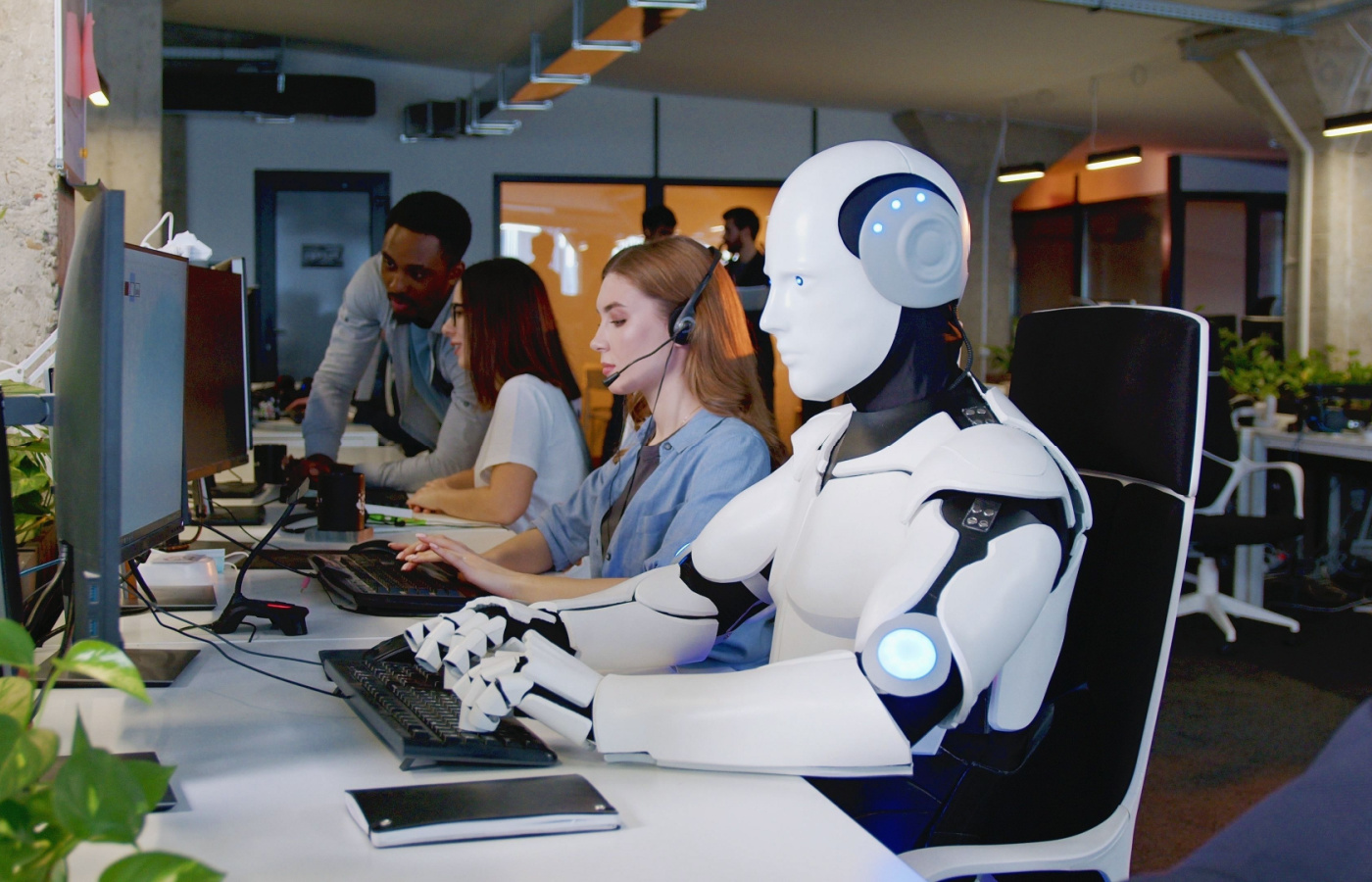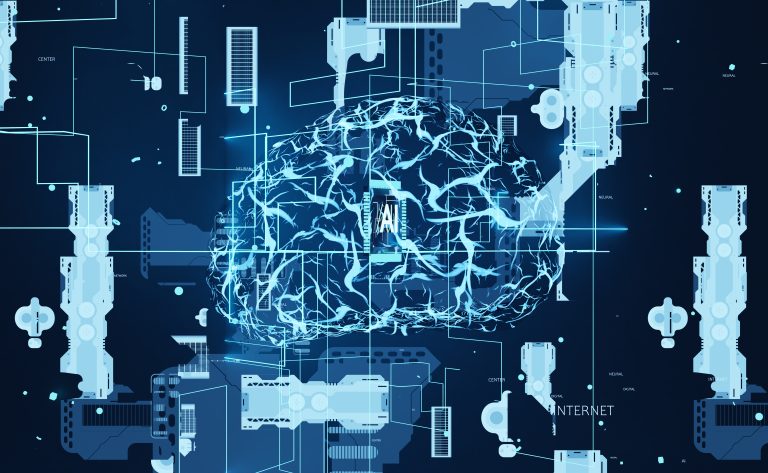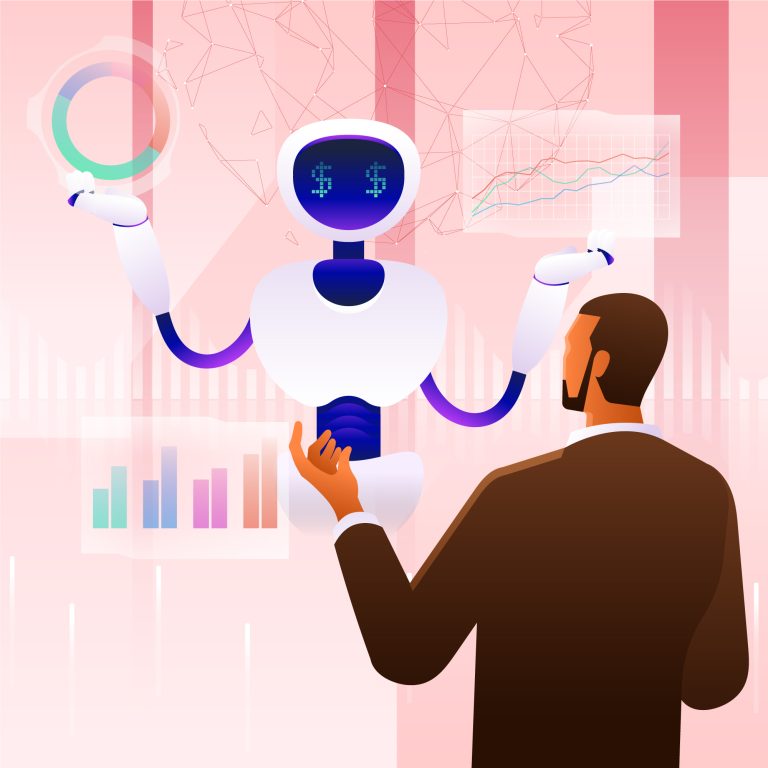AI in the Workplace: Friend or Foe?
As you navigate the realms of AI in the workplace, the question arises: friend or foe? Imagine a scenario where collaboration with AI systems could revolutionize your daily tasks, yet lurking beneath the surface are concerns about job security and ethical implications. How can you strike a balance between the benefits AI offers and potential pitfalls it presents? Let’s explore the intricate dance between humans and AI, shaping the future of work in ways both promising and uncertain.
Evolution of AI in Workplaces
As artificial intelligence (AI) continues to advance, its evolution in workplaces has transformed the nature of how tasks are accomplished. AI tools now streamline processes, making tasks more efficient and reducing the margin for errors.
For example, AI algorithms can analyze vast amounts of data in seconds, a task that would take humans hours or even days to complete. This enhanced speed and accuracy have significantly improved the overall productivity in many industries.
Moreover, AI has also revolutionized customer service by implementing chatbots that can provide instant responses to inquiries. These chatbots not only handle routine questions but also learn from interactions to improve future responses. This automation allows human employees to focus on more complex issues, ultimately enhancing customer satisfaction.
Enhancing Productivity With AI
With AI’s ability to streamline processes and increase efficiency, workplaces can significantly enhance productivity through the integration of AI tools. By utilizing AI for tasks such as data analysis, scheduling, and communication, you can save valuable time and resources. AI-powered software can automate repetitive tasks, allowing you to focus on more strategic and creative aspects of your work.
For example, AI chatbots can handle customer inquiries promptly, improving customer satisfaction while freeing up your time for complex problem-solving.
Moreover, AI can analyze vast amounts of data quickly and accurately, providing valuable insights that can inform decision-making processes. This data-driven approach enables you to make more informed choices, leading to better outcomes and increased productivity.
Additionally, AI algorithms can optimize workflows by identifying bottlenecks and inefficiencies, suggesting improvements that can streamline operations.
Impact on Job Roles
AI technology is reshaping job roles across various industries. As AI continues to advance, some tasks that were traditionally performed by humans are now being automated. This shift has a significant impact on job roles, requiring workers to adapt to the changing landscape.
For example, in customer service, AI-powered chatbots are increasingly handling basic inquiries, freeing up human agents to focus on more complex issues that require empathy and critical thinking.
Similarly, in manufacturing, AI and robotics are automating repetitive tasks, leading to a transformation in the skills needed by workers in these environments.
While AI may eliminate certain routine roles, it also creates new opportunities for job creation. Roles like AI trainers, data analysts, and automation specialists are on the rise as organizations seek to optimize the use of AI technologies.
Ethical Considerations of AI
Ethical considerations surrounding the use of artificial intelligence technologies in the workplace demand careful attention and deliberation. As AI systems become more integrated into daily operations, it’s crucial to address potential ethical dilemmas that may arise. One major concern is the impact of AI on job displacement. While AI can streamline processes and increase efficiency, it may also lead to job losses for human workers. Companies must consider how to balance the benefits of AI with the well-being of their employees.
Another ethical consideration is the issue of bias in AI algorithms. Since AI systems learn from existing data, they can perpetuate biases present in that data. This can result in discriminatory outcomes, particularly in areas like hiring or promotion decisions. It’s essential for organizations to actively monitor and address biases in AI to ensure fair and equitable outcomes.
Furthermore, data privacy is a critical ethical concern. AI systems often rely on vast amounts of data, raising questions about how that data is collected, stored, and used. Companies must prioritize data security and transparency to protect the privacy rights of employees and customers.
Training Employees for AI Integration
Effective training programs are essential to prepare employees for seamless integration of artificial intelligence technologies in the workplace. By providing comprehensive training on how to effectively utilize AI tools, employees can enhance their skill sets and adapt to the changing technological landscape. Training should focus on familiarizing employees with AI applications relevant to their specific roles, teaching them how to interpret AI-generated insights, and fostering a mindset of collaboration with AI systems.
Hands-on workshops, online courses, and interactive simulations are effective methods to educate employees on AI integration. These training initiatives should be ongoing to keep pace with technological advancements and ensure that employees feel confident using AI tools. Encouraging a culture of continuous learning and experimentation can help employees embrace AI as a valuable resource rather than a threat to their jobs.
Job Displacement Concerns
As artificial intelligence technologies continue to advance, concerns about job displacement are becoming increasingly prevalent in various industries. With AI’s ability to automate tasks traditionally performed by humans, there’s a growing fear that jobs across different sectors may be at risk. Roles that involve repetitive or routine activities are particularly vulnerable to being replaced by AI systems that can perform these tasks more efficiently and accurately.
Workers in manufacturing, customer service, data entry, and transportation are among those most concerned about potential job displacement due to AI integration. While AI can enhance productivity and streamline operations, the fear of losing jobs to machines looms large. This concern is valid as companies seek ways to cut costs and improve efficiency through the implementation of AI technologies.
The key challenge lies in finding a balance between leveraging AI for its benefits while also ensuring that the human workforce remains employed and valued. Organizations must proactively address these concerns by upskilling employees, creating new roles that complement AI capabilities, and fostering a culture of continuous learning and adaptability in the face of technological advancements.
Collaborative Work With AI
Your collaboration with AI in the workplace can lead to increased productivity and efficiency. By working alongside AI tools, you can automate repetitive tasks, allowing you to focus on more complex and strategic aspects of your job.
AI can analyze vast amounts of data quickly, providing you with valuable insights to make informed decisions promptly. Moreover, AI can assist in streamlining workflows, scheduling tasks, and managing projects effectively.
Collaborating with AI also opens up opportunities for innovation and creativity. AI algorithms can suggest new approaches or solutions based on patterns and trends, sparking your creativity and pushing you to think outside the box.
Additionally, AI can enhance collaboration among team members by facilitating communication, organizing information, and fostering a more cohesive work environment.
Embracing AI in your daily work can enhance your skill set by exposing you to new technologies and ways of problem-solving. By leveraging AI’s capabilities, you can work more efficiently and effectively, ultimately contributing to the overall success of your team and organization.
Future Outlook: AI and Employment
Looking ahead, the integration of AI in the workplace will significantly impact the landscape of employment. As AI continues to advance, it will reshape job roles, creating a demand for workers with skills that complement automation.
Rather than replacing jobs entirely, AI is more likely to augment human capabilities, leading to the creation of new roles that require a combination of technical and soft skills. Industries such as customer service, healthcare, and manufacturing are expected to see significant changes in the way tasks are performed.
Employers will need to adapt to this shift by providing training programs to upskill their workforce and ensure they can effectively collaborate with AI systems. This will lead to a more dynamic and flexible job market where continuous learning and adaptability are key.
While certain routine tasks may be automated, AI will also open up opportunities for workers to focus on more complex, creative, and strategic aspects of their jobs. Embracing AI in the workplace can lead to increased productivity and innovation, benefiting both businesses and employees in the long run.
Conclusion
In conclusion, AI in the workplace can be a valuable friend when integrated thoughtfully and ethically. By prioritizing employee training, addressing biases, and promoting collaboration with AI systems, businesses can harness the benefits of AI while ensuring employee well-being.
With the right approach, AI can drive innovation, efficiency, and create new opportunities for growth in the workplace. Embrace AI as a friend, not a foe, and watch your organization thrive.






